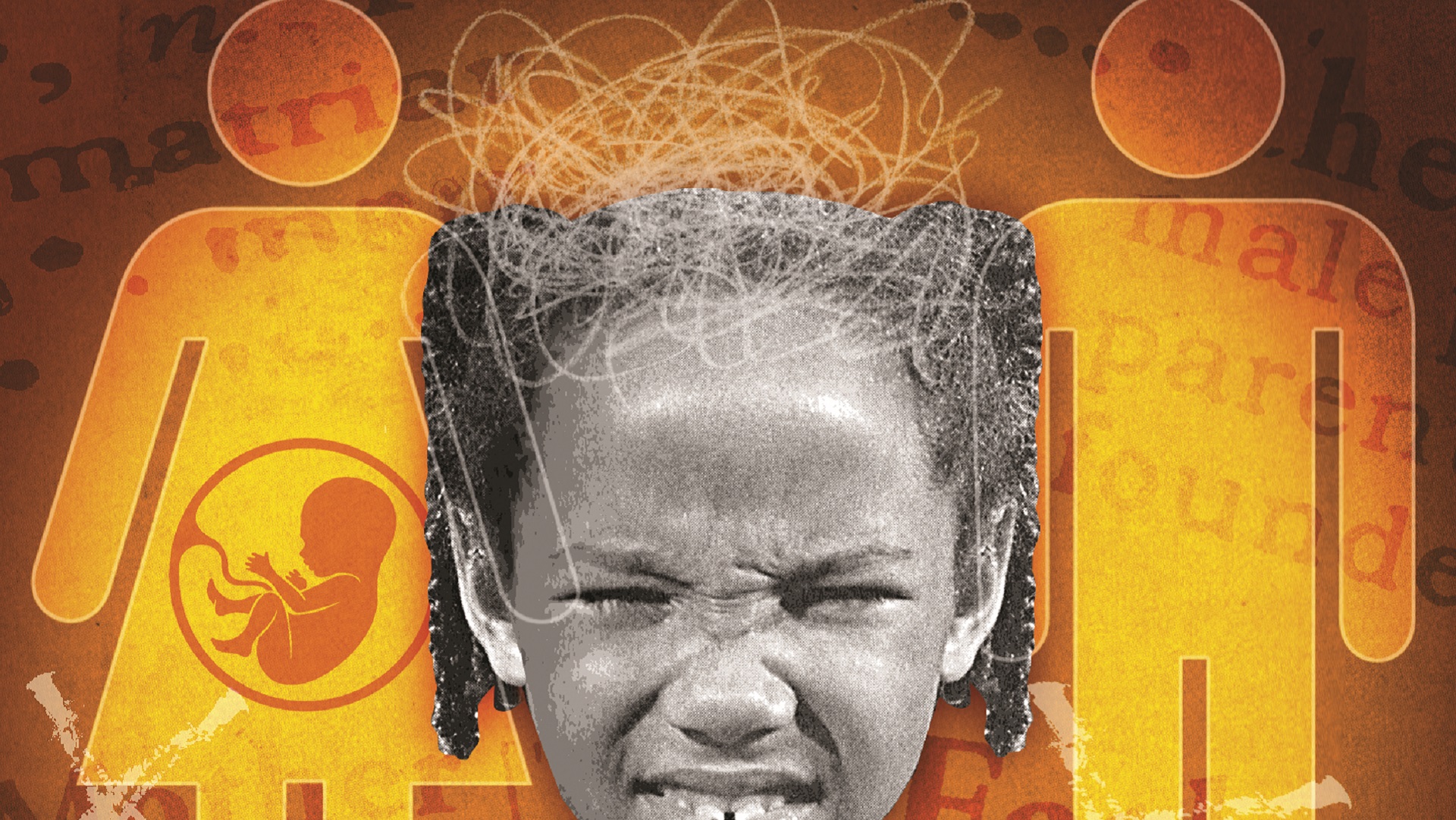Mail Online reported the story too, opting for: “Stonewall tries to BAN word ‘MOTHER’: Pro-trans organisation tells hundreds of public and private employers to say ‘parent who has given birth’ instead – sparking calls for inquiry into how group has such influence on Whitehall”.
As for The Sun, they reported: “MUM’S NOT THE WORD: Charity Stonewall tells employers to swap term ‘mother’ for ‘parent who has given birth’ as part of equality training”. Meanwhile the Express website urged readers to “Stand up to this BS!”.
The row also attracted attention from columnists, including the Daily Mail’s Sarah Vine and The Times’ Libby Purves.
But did the charity really ban the use of the words?
Facts. Checked
The charity has denied explicitly banning the use of ‘mother’ or ‘father’ in a lengthy statement. Trouble is, readers won’t have read the statement in many versions of the story.
In fact, only Mail Online included a seven-paragraph response from Stonewall in their version of the story.
Advertising helps fund Big Issue’s mission to end poverty
Telegraph Online, who broke the story following a series of freedom of information requests, reported that using terms like ‘mother’ would see firms lose out on the charity’s Workplace Equality Index.
However, the charity has since said that their advice does not ban the words as they “know how important those words are to people”.
Stonewall’s advice, which the charity say is based on the “Equality Act which is based the Equality and Human Rights Commission’s Equality Act Code of Practice”, centres around inclusion, not exclusion.
The charity’s advice to employers is that their workplace policies should apply to all employees regardless of their gender or the gender of their partner.
Stonewall also says they should use language that makes it clear to LGBTQ+ employees that they are included and recommend gender-neutral language to ensure that organisations can use one policy to cover all their employees and avoid the risk of LGBTQ+ employees not being covered. This means using words that are “inclusive by default”, according to Stonewall, who use the example of changing references from ‘husband’ or ‘wife’ to ‘partner’.
So it is true that different words recommended but this does not mean that using ‘mother’ and ‘father’ is banned. The charity concludes: “The words we use to describe ourselves and our relationships will always be more complex than the language of an HR policy.”
Advertising helps fund Big Issue’s mission to end poverty
The University of Manchester also fell foul of this issue in March 2021. The institution was accused of taking the same steps, encouraging the use of ‘parent/guardian’ rather than ‘mother’ and ‘father’.
A university spokesperson told The Big Issue: “This is well established terminology, and does not in any way mean that we are banning the words ‘mother’ or ‘father’.”
This type of story has become a popular way of riling up readers but building an inclusive society in which marginalised groups feel welcome and supported does not have to be at the cost of excluding others.
There’s no evidence the words of ‘mother’ and ‘father’ were being eradicated from use here. It’s a storm about nothing.
Worth repeating
Unparliamentary language is the term used to describe words that break the rules of politeness in the House of Commons chamber. They include:
- Coward
- Guttersnipe
- Hooligan
- Rat
- Stoolpigeon
- Traitor









